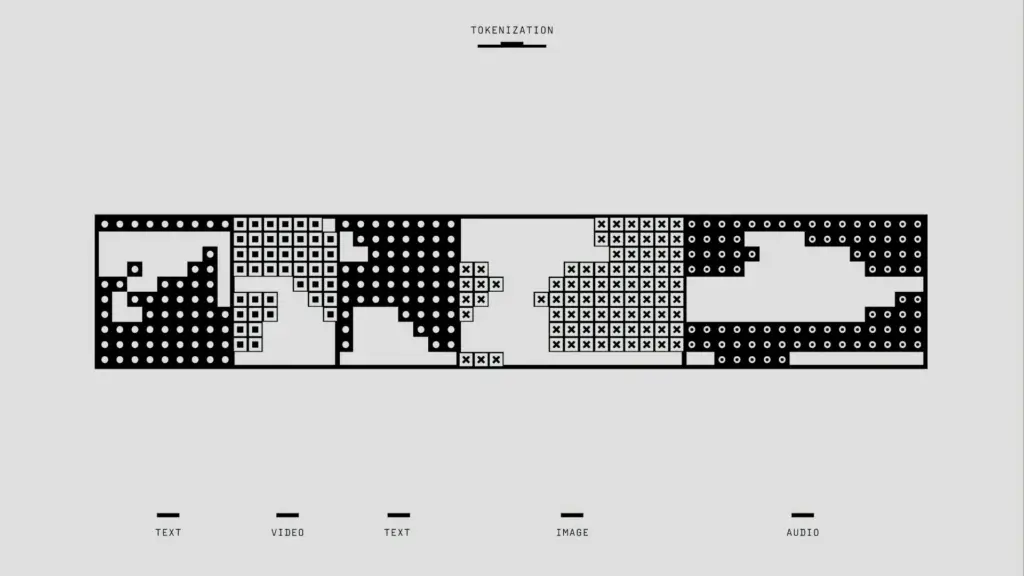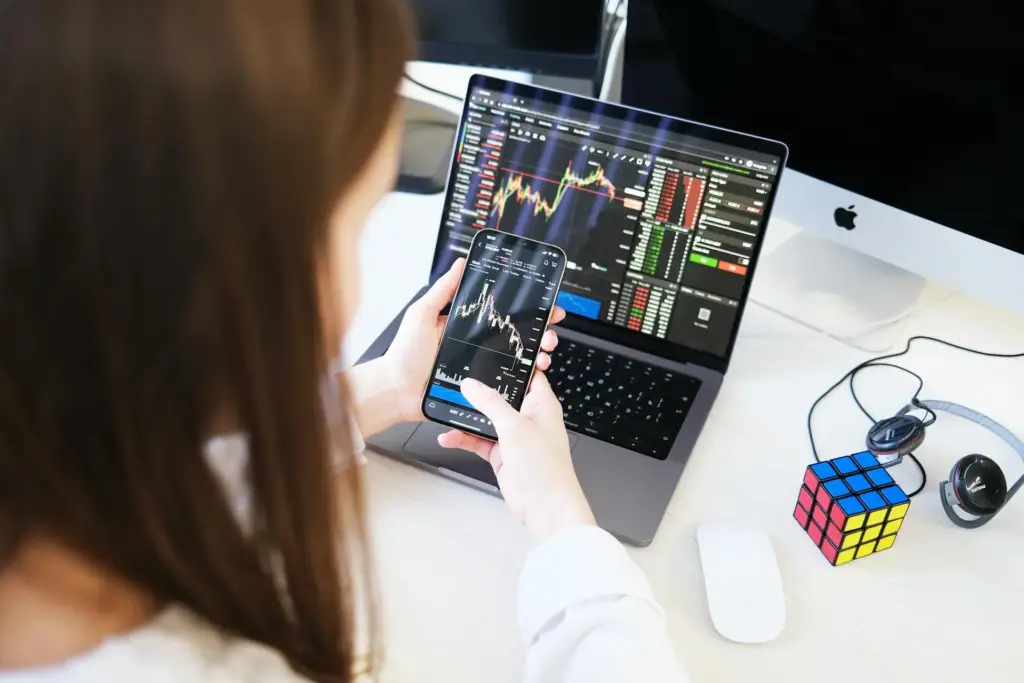The convergence of AI and Blockchain is increasingly capturing the attention of technology experts and developers. These two innovations, which initially evolved independently, are now combining to create more secure, efficient and transparent solutions. With applications ranging from supply chain optimization to smart contract enhancement, the AI and Blockchain are laying the groundwork for a new era of technological innovation.
What is AI and Blockchain?
Artificial intelligence (AI) and blockchain technology are two of the most disruptive innovations of the 21st century. AI focuses on developing systems capable of performing tasks that require human intelligence, such as learning, decision-making and pattern recognition. On the other hand, blockchain is a decentralized and distributed registry that allows information to be stored securely and transparently, eliminating the need for intermediaries and increasing trust in transactions.
The combination of AI and Blockchain is based on leveraging the strengths of each technology. AI can analyze data stored on a blockchain to extract insights and make predictions, while the blockchain ensures that the data used by AI is secure, immutable and verified.

Benefits of Combining AI and Blockchain.
The integration of AI and Blockchain offers multiple benefits in terms of security, efficiency and transparency. The following are some of the main benefits of this technological synergy:
- Enhanced Security: The blockchain stores data in cryptographically protected blocks. This ensures that the information used by AI algorithms cannot be altered or manipulated. In turn, the AI can monitor transactions on the blockchain to detect anomalous or fraudulent behavior.
- Transparency and Traceability: One of the main features of the blockchain is the traceability of transactions. When combined with AI, these transactions can be analyzed to ensure transparency in financial processes, supply chains and more.
- Process Optimization: AI and Blockchain can work together to optimize processes. For example, AI can identify inefficiencies in a supply chain, while blockchain records every transaction to verify that improvements are implemented effectively.
- Secure Automation: Smart contracts, one of the most popular applications of blockchain, can be enhanced with AI. Artificial intelligence can validate contract terms in real time, ensuring that they are executed automatically and error-free.


AI and Blockchain Applications in Various Sectors
The combination of AI and Blockchain has applications in numerous sectors. In finance, AI can analyze transactions stored on a blockchain to detect fraud and predict risks. This helps banks and financial institutions to more efficiently manage their operations.
In supply chain management, AI can track products at every stage of their lifecycle, while the blockchain ensures that records are transparent and immutable. This ensures that consumers receive authentic and quality products.
Another interesting application is in the healthcare sector. AI can analyze medical data stored on a blockchain, which allows for personalized treatments for patients. At the same time, the blockchain ensures the privacy of this sensitive data, protecting patients’ identity and information.


AI and Blockchain for the Creation of New Business Models.
The synergy between AI and Blockchain not only improves existing processes, but also enables the creation of new business models. For example, AI-powered decentralized platforms can offer personalized and autonomous services to users. Decentralized data marketplaces allow individuals to sell their data to AI algorithms without the need for intermediaries, thus maintaining control and ownership over their information.
Another example is the use of AI in smart contracts. These contracts can be automatically executed when certain conditions are met, simplifying complex transactions in industries such as real estate and insurance. With the addition of AI, contracts can dynamically adapt to changing market conditions, creating more flexible and efficient agreements.
Challenges of Implementing AI and Blockchain.
Although the combination of AI and Blockchain offers numerous advantages, it also faces certain challenges. One of the main ones is scalability. Both AI and blockchain require a large amount of computational resources, which can limit their implementation in some contexts.
In addition, data quality is crucial to the success of both technologies. AI needs accurate data to make accurate predictions, and the blockchain depends on the integrity of the data it stores. If the information on the blockchain is incorrect or incomplete, so will AI decisions.
Conclusion.
The combination of AI and Blockchain is marking a milestone in technological evolution. With applications ranging from transaction security to process automation, these technologies are redefining the way we interact with today’s digital world. As the integration between artificial intelligence and blockchain strengthens, we are likely to see new business opportunities and innovative solutions that improve security and transparency across multiple industries.

